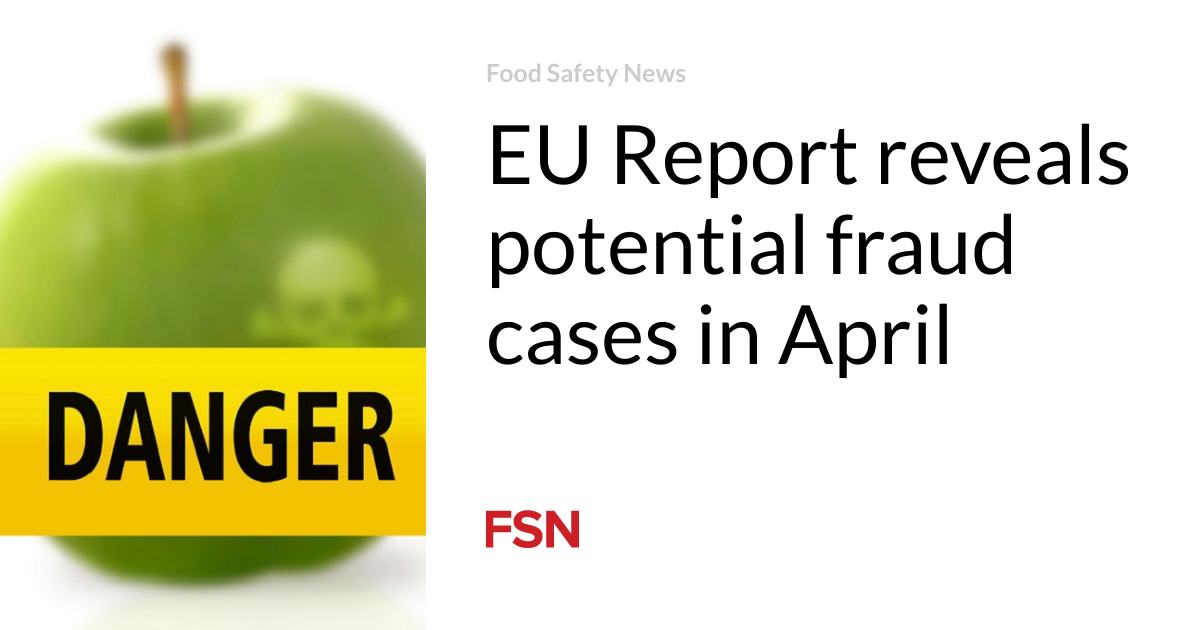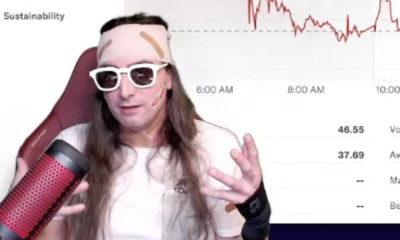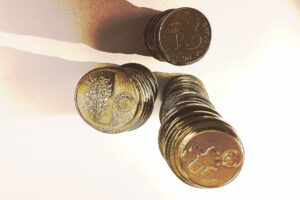Food
The EU report reveals possible fraud cases in April

Counterfeiting, the illegal slaughter of horses and products not undergoing the necessary checks are highlighted in the latest report on possible fraud and other cases of non-compliance highlighted by EU Member States.
The number of suspicions of food and other fraud discussed by European countries remained stable in April. The 341 warnings are comparable to the 345 in March, but higher than the 318 in February and 277 in January.
The issues identified are potential, but unconfirmed, fraud. Mentioned cases of non-compliance may lead to investigations by authorities in EU Member States. The data comes from the European Commission’s fourth monthly report.
Data includes suspected cross-border fraud topics shared between members of the Alert and Cooperation Network (ACN) and sourced from the Rapid Alert System for Food and Feed (RASFF), the Administrative Assistance and Cooperation Network (AAC) and the Agri-Food Fraud Network (FFN).
It covers food, feed, food contact materials, animal welfare for farm animals, plant protection products and veterinary products that end up as residues and contaminants in food and feed.
The aim is to help national authorities set up risk-based controls to combat fraudulent and deceptive practices, help the food sector with vulnerability assessments and identify emerging risks.
Featured incidents
A total of 99 messages mentioned fruits and vegetables. Diet foods, supplements and fortified foods came in second with 44 warnings, followed by grains and bakery products with 21 warnings.
The majority of problems were discovered through border inspections or market checks. Some of these were based on information from whistleblowers and media monitoring. Eighteen were found after consumer complaints and 27 after company internal audits.
In April, ten warnings involved the United States. They include sunset yellow in snacks, titanium dioxide in confectionery and ingredients in food supplements that are not allowed in Europe.
Cases of product tampering involved additives that did not meet EU maximum levels, such as sulphites in shrimp from Spain and Venezuela. Examples of adulteration included oils from the Netherlands and Italy, water added to squid from China and ham from Italy, and synthetic vanilla in ice cream from Belgium instead of natural vanilla.
Unapproved processes include the irradiation of a food supplement from Belgium, a red-coloring process of tuna from Spain and ethylene oxide in masala from India.
Record fraud incidents included the falsification of the origin of berries from Morocco, quality issues with Grade A eggs from the Netherlands, extended shelf life dates on beef sausages from Greece and a range of health and nutrition claims.
Other problems included illegal slaughter and traceability deficiencies involving horses from Ireland, Italy, Spain and the Netherlands. 1,3-Dimethylamylamine (DMAA) was discovered in a dietary supplement from Ukraine.
Several non-compliance cases listed ingredients not allowed in the EU and pesticides above maximum residue limits (MRL). Several warnings were due to traceability issues, illegal imports or products skipping border controls.
(To sign up for a free subscription to Food Safety News, click here.)













